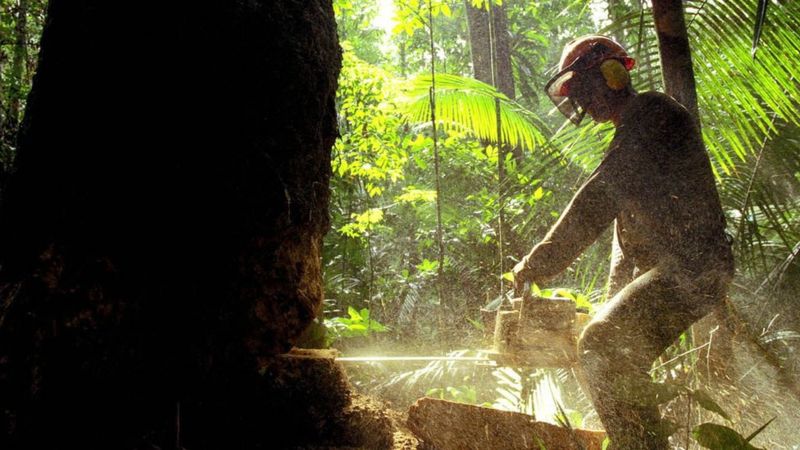
‘Underpin long-term environmental ambitions’
The Commitment outlines four operational measures, which will build on existing actions and provide a foundation to underpin long-term environmental ambitions. They are:
1. Develop a robust environmental sustainability policy, by the end of the 2024/25 season
2. Designate a senior employee to lead the club’s environmental sustainability activities
3. Develop a greenhouse gas (GHG) emissions dataset (scope 1, 2 and 3) by the end of the 2025/26 season and work towards a standardised football-wide approach to measuring emissions
4. Support the development of a common framework for action via the Premier League Sustainability Working Group (PLSWG)
The statement confirms that ‘the measures have been developed following extensive consultation with clubs and the Premier League Sustainability Working Group, which was established last year to help shape and inform environmental practices across the League.’
What impact will this have?
According to Sport Positive Leagues dataset (the latest update of which is in progress, out in March), the majority of Premier League clubs have an environmental policy or strategy in place. They range from a statement on the club’s website, to a large-scale breakdown of their activities, environmental footprint, reporting and ambition. Having a date in place for all clubs to have something robust in place is a strong step forward.
Designating a senior employee to lead the environmental sustainability activities is crucial, to ensure this stays on the agenda and is pushed forward. In Premier League clubs currently this ranges from head of sustainability and sustainability manager roles, to communications, facilities and operations.
Six Premier League clubs currently publicly share some or all of their carbon footprint – Manchester City, Liverpool, Tottenham Hotspur, Wolverhampton Wanderers, Nottingham Forest and Crystal Palace. Some clubs know their emissions footprint but don’t currently publicly report on scope 1, 2 and 3, beyond SECR regulations. Other clubs are earlier on in the journey of capturing data, but the majority are on the way to understanding their baseline. Having a standardised football-wide approach will enable a level playing field.
The development of a common framework for action via PLSWG is an important commitment, as the power of collective and unified action in football is key to ambition, action and success at scale.
Source Forbes


